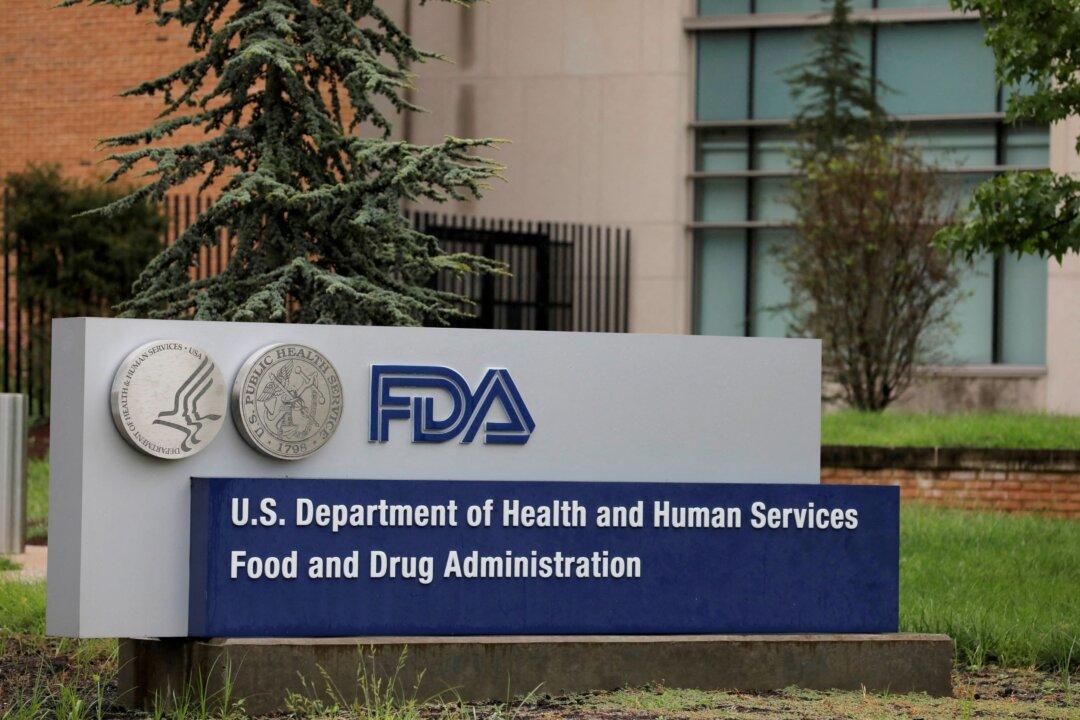The U.S. Food and Drug Administration (FDA) announced the recall of a commonly used stroke medication after the company discovered the presence of a potentially cancer-causing impurity.
In an FDA-issued recall notice on March 22, Ascend Laboratories LLC said it is recalling Dabigatran Etcxilate Capsules at the consumer level after nitrosamine, a carcinogenic substance, was found above the “acceptable daily intake level.” The company said it hasn’t received any reports of adverse events or health problems in connection to the recall.






